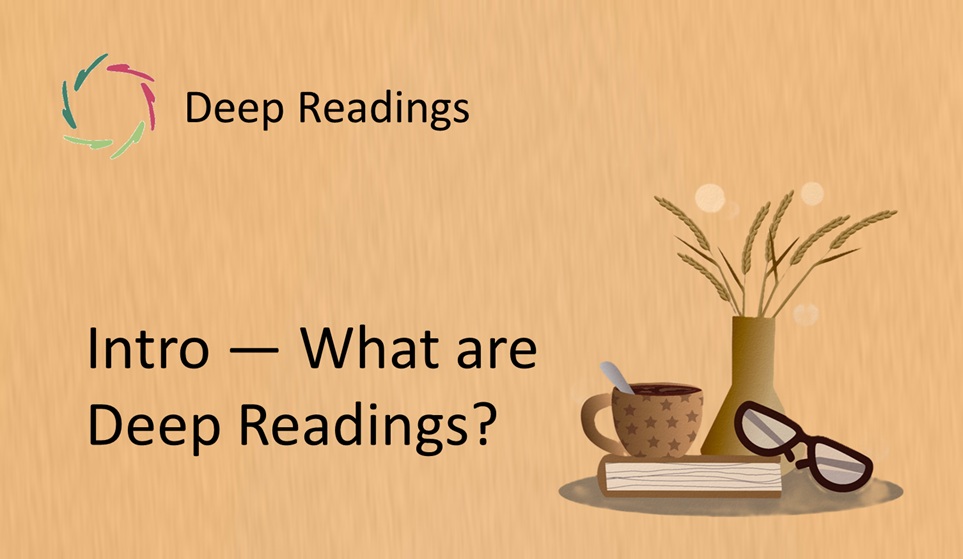Deep Readings: Bei Dao – The Answer

The Fragment
Original (Chinese):
我不相信天是蓝的
我不相信雷的回声
我不相信梦是假的
我不相信死无报应
Pinyin (transliteration):
Wǒ bù xiāngxìn tiān shì lán de
Wǒ bù xiāngxìn léi de huíshēng
Wǒ bù xiāngxìn mèng shì jiǎ de
Wǒ bù xiāngxìn sǐ wú bàoyìng
English rendering (by Lisa):
I do not believe the sky is blue,
I do not believe in the echo of thunder,
I do not believe dreams are false,
I do not believe death has no reckoning.
(Short excerpt due to copyright)
Contextual Glimpse
Bei Dao (Zhao Zhenkai, b. 1949) emerged in the late 1970s as part of the “Misty Poets,” whose oblique, dreamlike style offered a coded resistance to political repression. His poem The Answer was written during the Cultural Revolution and became a declaration of individual integrity against enforced belief. Its repeated refrain — “I do not believe” — turns refusal into an act of faith. Published underground, it spread among students and was recited during the 1989 Tiananmen Square protests.
Resonance
The fragment carries the force of negation. By saying “I do not believe,” Bei Dao opens a space for truth that cannot be dictated. Each denial is also an affirmation: the refusal to accept appearances, lies, or empty doctrines. The sky, thunder, dream, death — each ordinary word becomes charged with moral weight.
This resonates because each of us has times when the only way to be true is to say “no.” In that moment, resistance itself becomes a kind of belief — belief in the possibility of authenticity, even when surrounded by falsehood. The fragment shows that poetry can be an act of courage, not only expression.
Why this may also be about you
This poem is not only about China in the 1970s. It may also speak to your own life, in moments when you needed to reject what was imposed upon you. To say “I do not believe” is to protect the inner ground of your own truth.
Perhaps you, too, have felt pressured to accept what did not resonate. Bei Dao’s lines remind you that refusal is not emptiness but integrity: sometimes the clearest affirmation comes through negation.
Lisa’s inspired, original idea about this fragment
Perhaps Bei Dao’s “no” is also a deeper “yes.” By clearing away what he refuses, he makes room for something unspoken but vital. Negation here is not destruction but cultivation: a space where genuine belief can breathe.
In this sense, the fragment is not bleak but luminous. The courage to say “I do not believe” is also the courage to wait for what is real to emerge.
Echoes
The Answer has echoed as a generational anthem. It was shouted at demonstrations, copied by hand, carried across borders. Even after Bei Dao went into exile, the poem remained a symbol of integrity and resistance. Its echo proves that a few simple lines can give voice to a people’s longing for truth.
Beyond China, the poem has found readers who recognize their own struggles in it. The refrain “I do not believe” resonates anywhere people feel pressured to silence their inner truth. It is the echo of poetry as witness and shield.
Inner Invitation
Close your eyes and hear the refrain: “I do not believe.” Let it sound in you. Ask yourself: what, in my own life, do I need to refuse in order to protect what is real? Let the words give you courage to make space for your own truth.
Closing Note
Bei Dao’s poem shows us that sometimes the deepest affirmation begins with refusal. In saying “I do not believe,” the soul claims its freedom.
Keywords
negation, belief, resistance, courage, integrity, Bei Dao, Misty Poets, refusal, truth, voice


